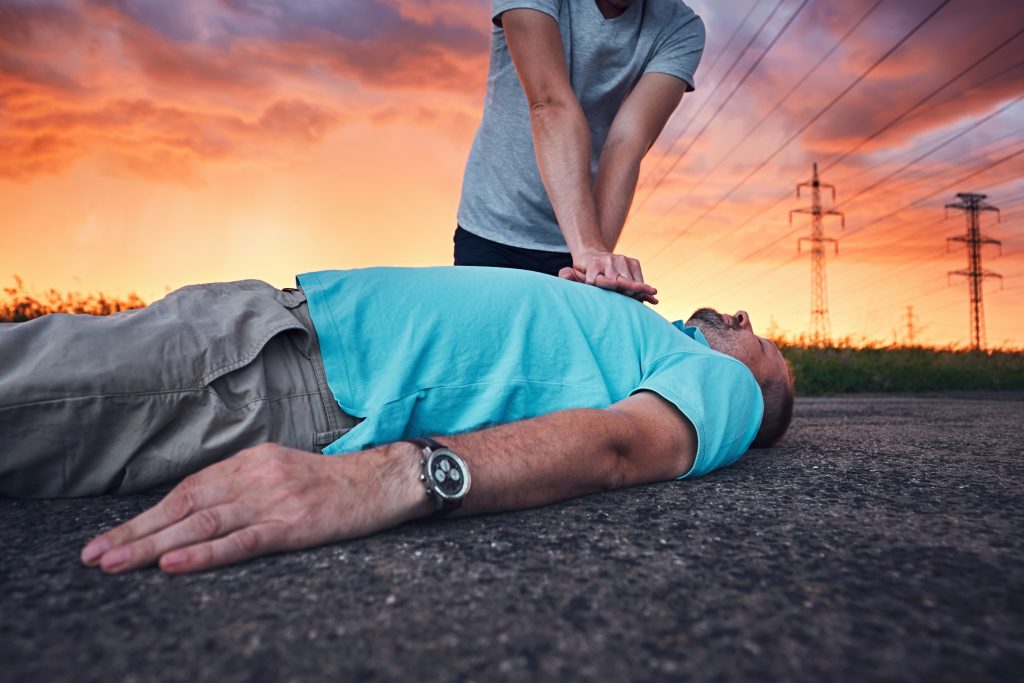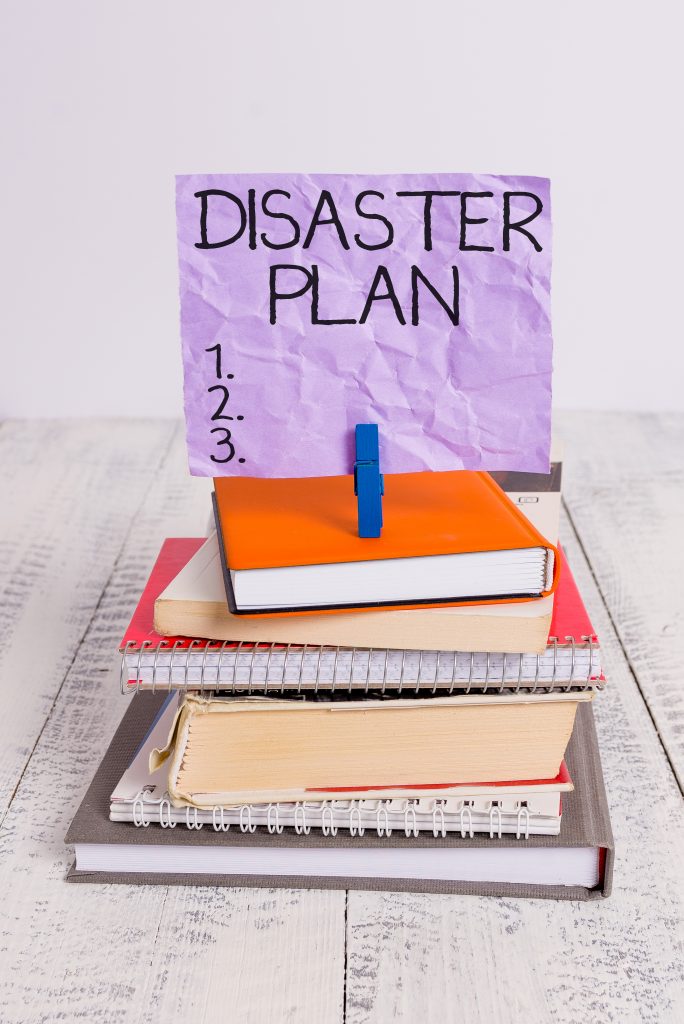Our healthcare systems are strained beyond capacity. From healthcare worker shortages to increase in patients visiting the emergency rooms, to medication shortages our fragile healthcare system is reaching, and in some instances has reached crisis mode.
Our medical supplies and medications are in jeopardy
We rely on other countries for the materials to make our medications

According to the council on foreign relations “It is believed that about 80 percent of the basic components used in U.S. drugs, known as active pharmaceutical ingredients (APIs), come from China and India, though the exact dependence remains unknown since no reliable API registry exists.”
(API refers to active pharmaceutical ingredients)
Considering the current healthcare crises, along with the political and social climate of our world, that is a very scary statement.
Our global economy, which virtually shut down over the past months has placed our healthcare system in jeopardy. Even those we rely on during a crisis- our firefighters, EMTs, paramedics are in short supply, or in some areas of the United States they are nonexistent. In many ways we are on our own.
Are you prepared to handle a medical emergency?

According to the CDC there are 130 million visits annually to the emergency room.
Some of the most common reasons for these visits were cough, headache, fever and vomiting.
Many of these visits could be avoided with proper education, supplies and medications on hand.
Medical emergencies come in many forms
- Natural disaster– earthquake, tornado, hurricane, fire, flooding
- Health emergency– heart attack, uncontrolled diabetes, choking
- Illness– fever, vomiting, diarrhea, cough, severe allergic reaction, etc.
- Injury– Motor vehicle crash, household injury such as falls resulting in fracture or sprain,
Etc.
- Supply chain disruption– limited or lack of necessary medications and supplies
What can you do?
First identify your own situation and medical needs
- Are you in an area that is prone to natural disasters?
- Do you live in an area where medical attention may take a long time coming?
- Given the current shortage of EMTs and paramedics you may have a very long wait, even if you live in the city. Be prepared for the fact help may be long in coming or not at all
- Are you or those in your household on medications that would be life threatening if you/they ran out?
- How is yours and household members mobility?
- Do you live alone or with others? If so, would they be able to provide medical assistance if you needed help?
Each household will have a different set of priorities. However, there will still be many common areas to prepare
ACTION PLAN

ACT, NOT REACT
Medical preparedness, just like any preparedness topic has a learning curve. But armed with knowledge, practice, and the necessary medications and supplies you will be able to handle many medical emergencies and avoid a trip to the hospital or clinic.
Get out a notebook and start your action plan if you haven’t already
Start a checklist with the following information:
- Accumulate the necessary food (according to diet -low sodium, diabetic, allergy free foods- and clean water. Goal is to start with a months’ worth of food and build from there. There are several online resources that can help you with this. This may not seem like a medical prep, however without adequate clean water and food you aren’t able to maintain health.
- Discuss with your primary care provider about prescribing several months’ worth of medications AND OBTAIN THOSE MEDICATIONS.
- Schedule a consultation with a Jase medical provider and purchase the antibiotic kit on this site.
- Purchase an adequate first aid kit (It is advisable to have one for each vehicle and a home kit) A recommended website for your first aid kit and other emergency supplies is https://mymedic.com/ Be familiar with what is in the kit, don’t just buy it and put it on the shelf for when emergency arises.
- Along with a first aid kit make sure you have adequate pain relievers, creams, bandages, ace wraps ice packs, etc.
- Post important phone numbers in a place that all in your household know where to find it (911, fire, police, trusted neighbors, family to contact in case of emergency) A self-laminating pouch is a good idea to store this in. The refrigerator or inside a cupboard are common areas these are posted.
- If you and able-bodied members of your household haven’t already attended first aid and CPR classes, sign up and get that done. There are many CPR and first aid course out there. Either find a reputable one locally or the Red Cross has many options to choose from
- Start a first aid library and read the books. Apply what you learn in practice scenarios if able. A few recommended books are American Red Cross First Aid-Responding To Emergencies and The Survival Medicine Handbook- The Essential Guide When Help is NOT on the way
The most important step you can take is to take that first step.
- Get educated
- Obtain supplies
- Practice and get familiar with your supplies.
Next week we will be starting a series on various medical conditions and when to call the doctor.
